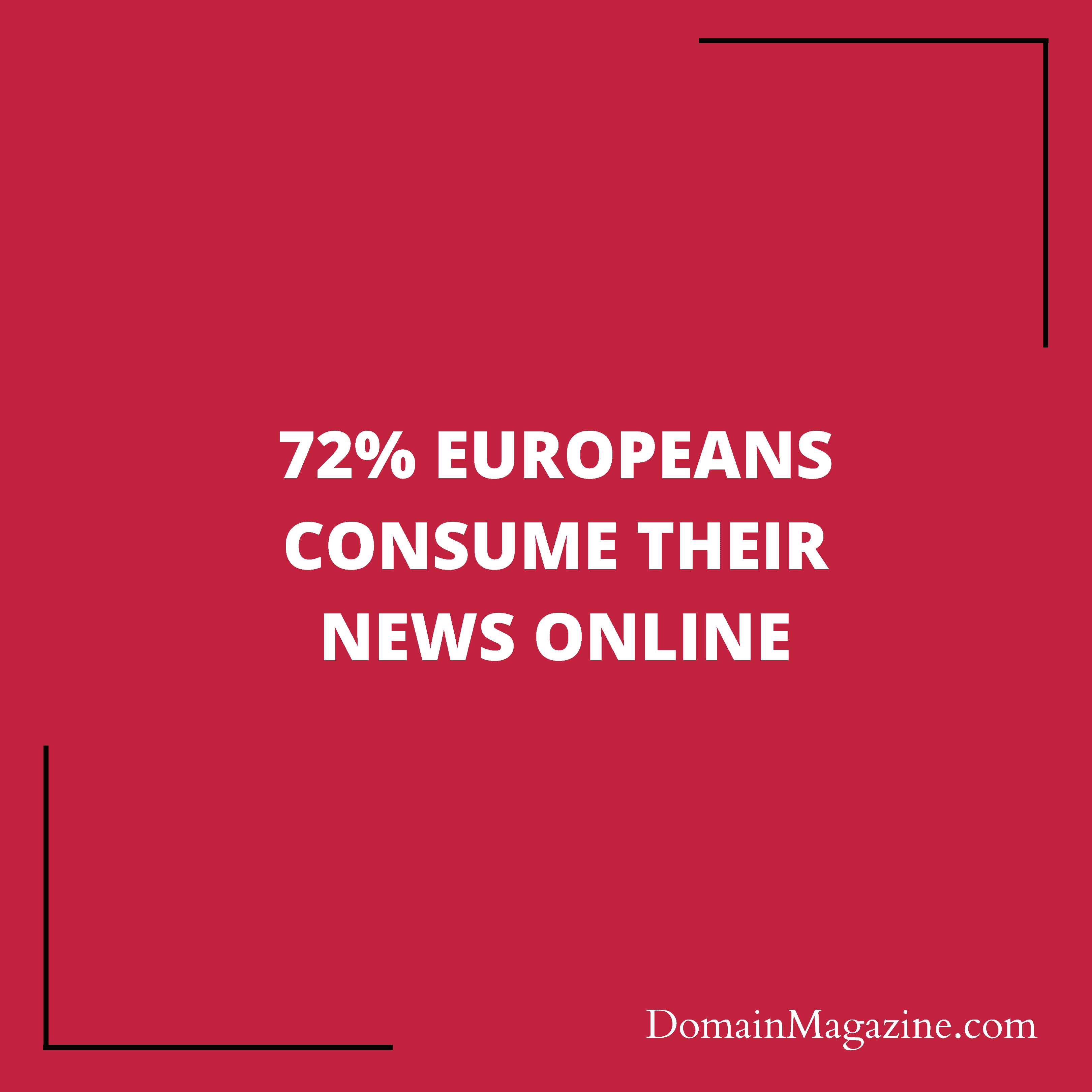A recent report by Eurostat has revealed that almost three out four people in the European Union consume their news online. The report Consumption of online news rises in popularity, stated that 72% of people in the European Union consumed their news online in 2021.
There is an intra-diversity in the region with different countries having varied levels of online news intake. Finland (93%), Lithuania and Czechia (both 92%) and Croatia and Greece (both 90%) had a fairly higher rate of digital consumption as compared to the Union’s average. Interestingly, Finland was also ranked 7th in 2022 Digital Quality of Life Index 2022.
This rise in online news intake is a double edged sword. People consuming more and more digital content is welcoming for various factors. For one, it gives real time and quick updates on any event. Second, there are numerous alternatives of news intake for users. Third, online news generally is cost effective as compared to the non-digital mediums.
However, there are various complicated implications of it as well. Recently, the intake of online news is considered less of a development measure, and more of a deep distrust with the legacy media houses. As citizens are growing more and more aware of politics they tend to segregate into the liberal and conservative factions. Post that, they chose to consume the content that they think is suitable for their political alignment.
In such a case news outlets with focus towards a particular political ideology, rather than exploring the truth, have spawned widely. These polar newshouses are also the home to a large amount of fake news. Fake news has been used as a political tool for delegitimizing the rival political faction’s argument.
The changing behavior of the news consumption isn’t all sunshine and rainbows. However it does signify the changes industry is going through. This figure of 72% in 2021 is a 2% uptick from the previous figures reported in 2016.


Join the Discussion